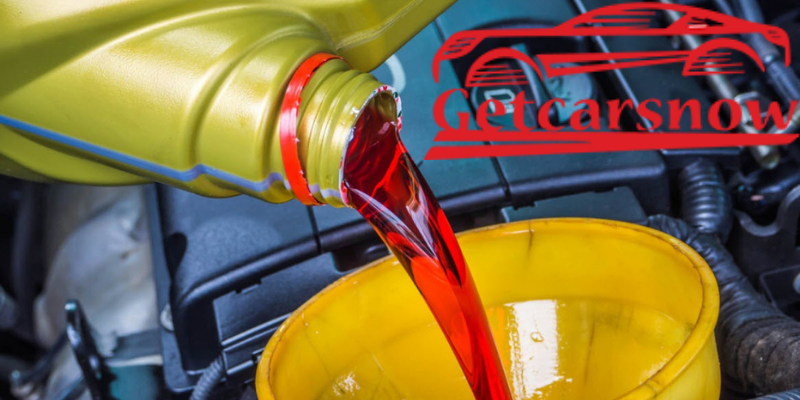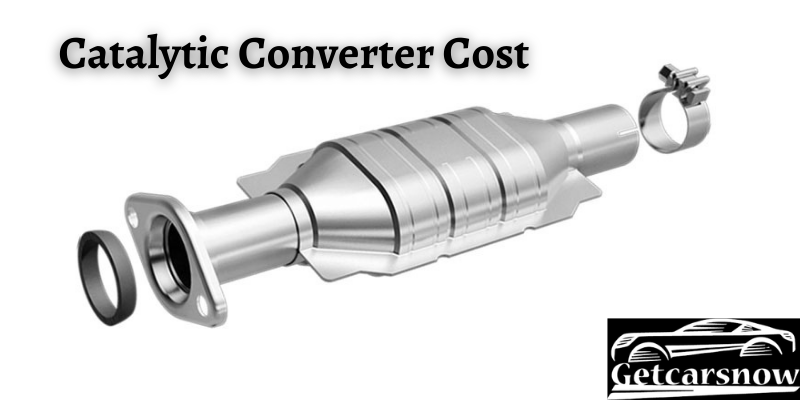Car Engine Coolant – Choosing Right Coolant
As a source of power sometimes car engines get extremely hot. An engine can wear down and even melt if it is not properly protected, costing thousands of dollars to repair. Antifreeze, also known as car engine coolant, protect cars from overheating. Coolant also protects the water pump, head gasket, cylinder, and piston timing by lubricating the moving parts it comes into contact with.
What is a car engine coolant?
Engine coolant prevents the engine from overheating, saving you money on repairs. Coolant protects the engine from both hot and cold extreme temperatures. When in operation, the car’s engine gets hot, hot enough to kill vital components. The coolant absorbs the heat produced by the car’s engine and returns it to the radiator. Extreme cold during the winter will cause your engine block to freeze and even crack. Overheating and freezing are avoidable with the use of coolant. Engine coolant, also known as antifreeze, does not freeze in sub-zero temperatures.
How to choose the right engine coolant for your car?
Choosing the right engine coolant for the car is very important. As the engine is just like the heart of a car. So taking care of your heart is necessary to keep your body in function. The same goes for taking care of used engines. These are some steps that could be helpful for you while choosing the right engine coolant.
- Verify the manual – When it comes to selecting a coolant, nothing beats the vehicle’s owner’s manual. However, most owners do not keep the owner’s manual with them because they feel it is useless. In this case, you should seek assistance from a local dealership to determine the proper coolant for your vehicle.
- Use the official brands– Aftermarket brands are often preferred by vehicle owners because they are less costly than official brands. However, over time, these coolants can have an effect on your vehicle’s performance. As a result, you can always go for the brand that the manufacturer recommends.
- Colour does not matter – Customers get confused about colours while buying coolant. The sellers take advantage of this situation by selling them a product that isn’t even suitable for the car. As a consequence, rather than depending on colour, you can concentrate on the coolant’s characteristics.
Types of engine coolant
Basically there are 3 types of engine coolant which are normally used inorganic, organic & hybrid.
Inorganic Additive Technology
IAT is a common abbreviation for this form of engine coolant. The ability of coolants to preserve their colour for years is one of the reasons why some people refer to them by their colour. These coolants are often green in colour. Since the additives quickly deplete, they are commonly referred to as traditional low silicate.
In the factories, this sort of coolant may be a little pricey or expensive. Since, as you might know, most types of modern cars are replaced after 30,000 miles or so. This form of coolant, on the other hand, needs to be recharged every 20,000 miles or two years. As a result, it is rarely used by most businesses.
Organic Acids technology
The acronym for them is OAT. The majority of users would prefer a long-lasting coolant, and this is one of them. Their long life is dependent on Carboxylate technology that is minimal. I understand you’re probably curious what carboxylate technology is and how it operates. Nitrites are normally led to heavy-duty coolants like these to prevent cavitation-induced corrosion of the iron cylinder liner.
Hybrid Organic Acid Technology
HOAT is a common abbreviation for them. These are usually orange and yellow in colour. Companies in the coolant sector, like every other industry, aim to be creative. So, in recent years, these companies have attempted to develop coolants that can be used in a range of cars, but not all of them. They may have the same functions but vary only in colour. These coolants typically contain silicates to cover aluminium engine parts, as the name implies. Radiators are often protected from corrosion by them. You may not be aware of the importance of silicate in this situation.
Summary
Antifreeze, also known as car engine coolant, protects cars from overheating. Coolant also protects the water pump, head gasket, cylinder, and piston timing. Overheating and freezing are avoidable with the use of coolant. There are 3 types of engine coolants. The ability of coolants to preserve their colour for years is one of the reasons why some people refer to them by their colour. These coolants are often green in colours. Companies in the coolant sector, like every other industry, aim to be creative. These coolants typically contain silicates to cover aluminium engine parts, as the name implies.
Hope, this article was helpful for you.



